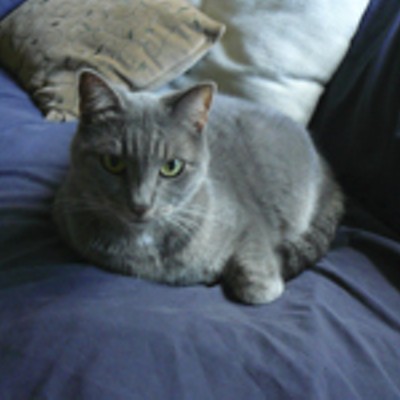National Advertising Division (NAD) of the Council of Better Business Bureaus earlier this week recommended that D'Artagnan Inc. discontinue certain advertising claims regarding its' Artisan foie gras -- specifically that "the liver is not diseased, simply enlarged", and that the animals are hand-raised "under the strictest of animal care standards." NAD's inquiry found that the former claim had not been adequately substantiated, and that the latter is not only inconsistent with the evidence in the record, but not supported by any evidence provided by D'Artagnan. (Farm Sanctuary's No Foie Gras Campaign has compiled copious documentation from leading avian veterinarians explaining how foie gras production causes ducks and geese to contract a fatty liver disease known as "hepatic lipidosis".)
Following a challenge by the Humane Society of the United States, NAD underwent a lengthy review of Internet advertising for the product. As a self-regulatory forum of the advertising industry, NAD does not take a position on what constitutes humane treatment of animals or other ethical considerations associated with foie gras production. Yet NAD also recognized that consumers cannot typically verify the accuracy of animal welfare practices for themselves, and that its' role therefore included the study of relevant scientific evidence and consumer expectations to ensure that the advertising was not misleading. After doing so, NAD found that the claims were indeed misleading, and recommended that D'Artagnan discontinue them. D'Artagnan issued a statement saying that it "strongly disagrees with NAD's decision but nonetheless will comply and modify its advertising." How ironic that this decision is being forced down D'Artagnan's throat.
Miami's local chefs weighed in on the issue of foie gras in our 2006 feature story Foie Wars. Now, two-and-a-half years later, it is interesting to note that only Giancarla Bodoni of Escopazzo has stuck to her words and kept foie gras off her menu. Others, such as Michelle Bernstein, Jonathan Eismann, and Johnny Vinczencz, each professed to be wrestling with their conscience over the ethical implications of force-feeding animals, but have continued to serve foie gras in their respective restaurants. Apparently they concluded that torture is bad, but a $25 appetizer is a $25 appetizer.
[
{
"name": "Air - MediumRectangle - Inline Content - Mobile Display Size",
"component": "19274298",
"insertPoint": "2",
"requiredCountToDisplay": "2"
},{
"name": "Editor Picks",
"component": "17482312",
"insertPoint": "4",
"requiredCountToDisplay": "1"
},{
"name": "Inline Links",
"component": "18711090",
"insertPoint": "8th",
"startingPoint": 8,
"requiredCountToDisplay": "7",
"maxInsertions": 25
},{
"name": "Air - MediumRectangle - Combo - Inline Content",
"component": "17482310",
"insertPoint": "8th",
"startingPoint": 8,
"requiredCountToDisplay": "7",
"maxInsertions": 25
},{
"name": "Inline Links",
"component": "18711090",
"insertPoint": "8th",
"startingPoint": 12,
"requiredCountToDisplay": "11",
"maxInsertions": 25
},{
"name": "Air - Leaderboard Tower - Combo - Inline Content",
"component": "17482313",
"insertPoint": "8th",
"startingPoint": 12,
"requiredCountToDisplay": "11",
"maxInsertions": 25
}
]











